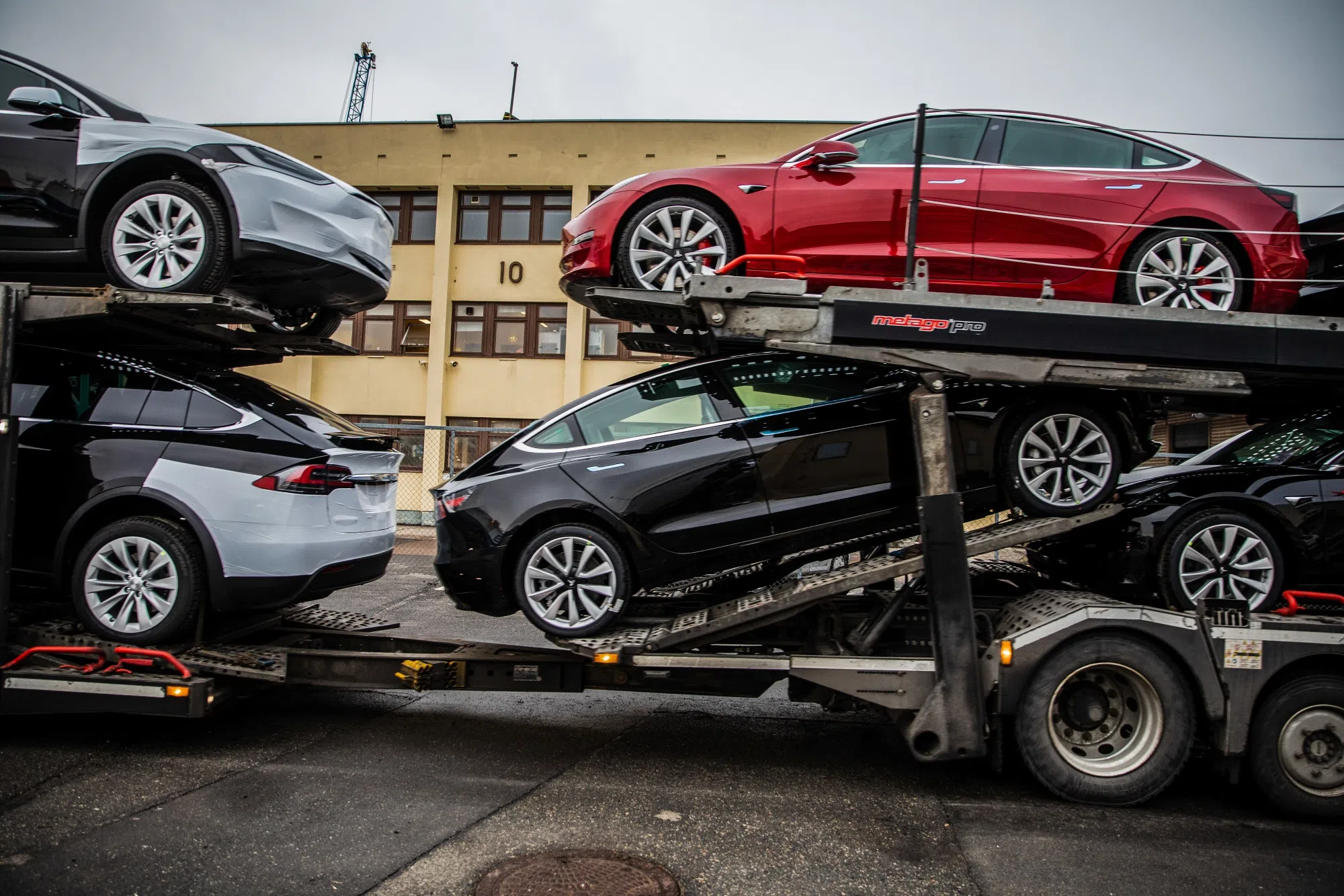TESLA omitted a previously stated goal to eventually sell 20 million vehicles a year from one of its yearly reports, adding to signs Elon Musk is prioritising autonomy over its core car business.
The company still says in the 2023 impact report it wants “to displace fossil fuels by selling as many Tesla products as possible,” as it has in previous years. However, the carmaker deleted language that appeared in its 2021 and 2022 reports which quantifies how many cars it wants to make by the end of the decade.
Tesla sold 1.8 million vehicles in 2023 and already has warned that it will grow at a “notably lower” rate this year. Musk vowed in April to launch less-expensive vehicles as soon as late 2024. However, people working with the CEO say he’s mostly been focused on launching a fully driverless car that Tesla plans to unveil on Aug 8.
The 159-page report, released on Thursday (May 23), covers the Austin-based company’s environmental impact, water usage and workforce efforts. Tesla released its first impact report in April 2019, joining the many S&P 500 companies that produce glossy self-testaments to their sustainability records.
In sections of the report about its workforce, Tesla no longer has a line stating that a majority of its employees are from underrepresented groups. Additionally, this year it didn’t compare its worker diversity statistics to other tech and auto companies.
Musk has recently been railing against Diversity, Equity and Inclusion efforts, calling them “propaganda words.”
GET BT IN YOUR INBOX DAILY
Start and end each day with the latest news stories and analyses delivered straight to your inbox.
Tesla also touts a 99.97 per cent average uptime at its Supercharger sites in the report. The carmaker is sharing the figures only weeks after Musk fired almost the entire Supercharger team, and said that the company would slow expansion in order to focus on 100 per cent uptime.
The document also includes a comprehensive view of Tesla’s relationships with metals suppliers, a topic of keen interest amid EV battery demand and new tariffs on cars and batteries from China. BLOOMBERG






